With Banks Offering 5% Returns, Financial Advisers Fight Irrelevance
Claire Ballentine & Suzanne Woolley | Bloomberg | October 2nd, 2023
About a third of US investors use a financial planner, though for those with more than $1 million in investable assets, the figure jumps to 70%, according to a recent Northwestern Mutual survey. But it’s an aging field: Just 29% of advisers who have taken the courses and tests needed to earn the Certified Financial Planner title are under age 40, and more than 45% are 50 or older, according to the CFP Board, a nonprofit that sets standards for the certification.
That means that for new customers, many planners look and sound a lot like… well, their parents. “There are more advisers planning to retire in the next 10 years than there are young advisers coming in,” says Brie Williams, head of practice management at State Street. “There are elements of tech that will help stem this, but at the end of the day, this is a relationship business.”
Advisers say it’s increasingly difficult to convince potential clients that they need a financial adviser when it’s relatively simple to earn a solid return on cash. “We haven’t had any competition for 15 years for an easy-button option,” a set-it-and-forget-it investment strategy yielding 5% or more, says Sam Huszczo, founder of SGH Wealth Management in Detroit.
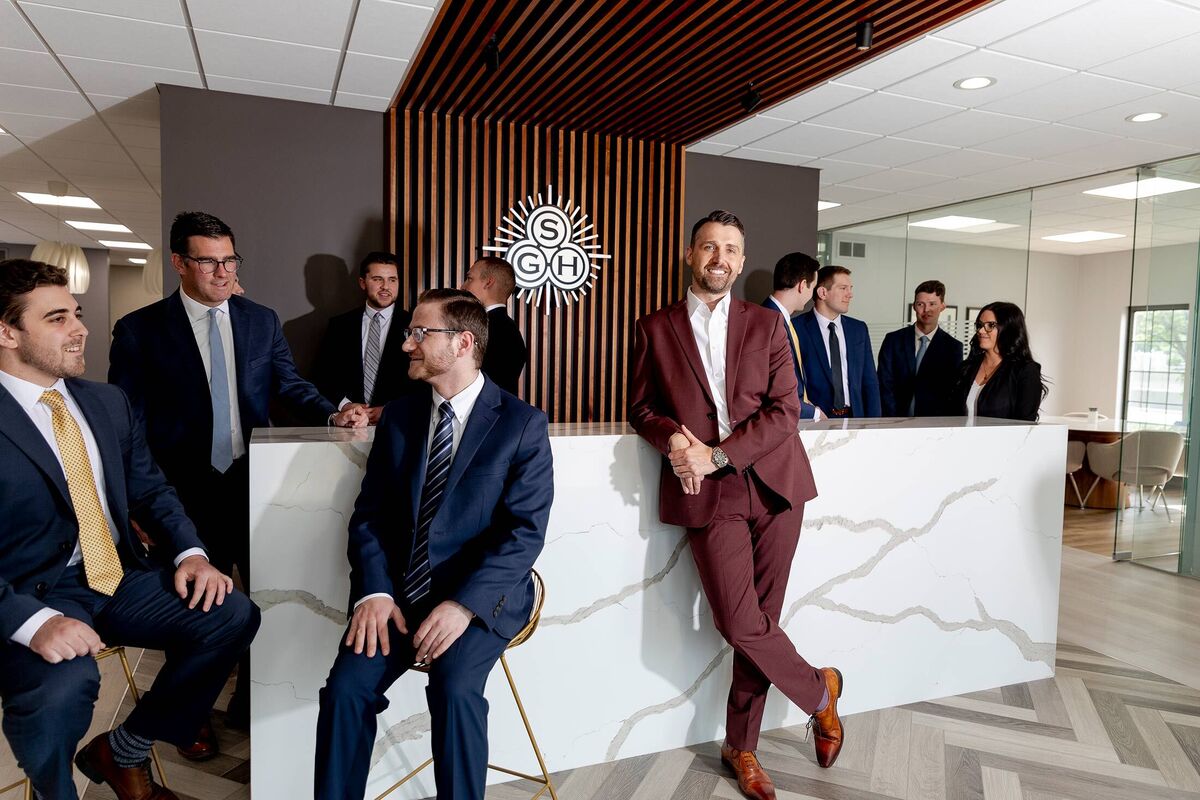
Few advisers would agree that they’re becoming obsolete, noting that today’s low-risk/high-return environment won’t last forever. Investing isn’t as easy as it looks on TikTok or Instagram, they say, insisting that planners can help think through things like the best way to use a health savings account and how to allocate savings among competing priorities such as 401(k)s, after-tax Roth accounts and 529 college savings plans.
The need for outside help often becomes most evident later in life, when thorny questions around retirement can’t necessarily be addressed via a robo-adviser or a quick internet search. A financial planner’s ultimate worth may come less from the returns on investments they recommend than from helping people avoid mistakes when markets are volatile, and the peace of mind that comes from a bit of control over what can feel like a very chaotic financial landscape. “Money at the end of the day is one of the most emotional parts of our lives,” says Bill Crager, chief executive officer of financial tech company Envestnet. “People want to feel supported and find support through someone they trust.”

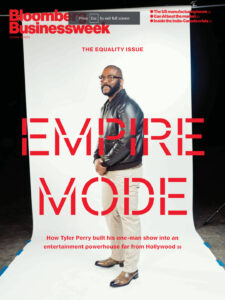

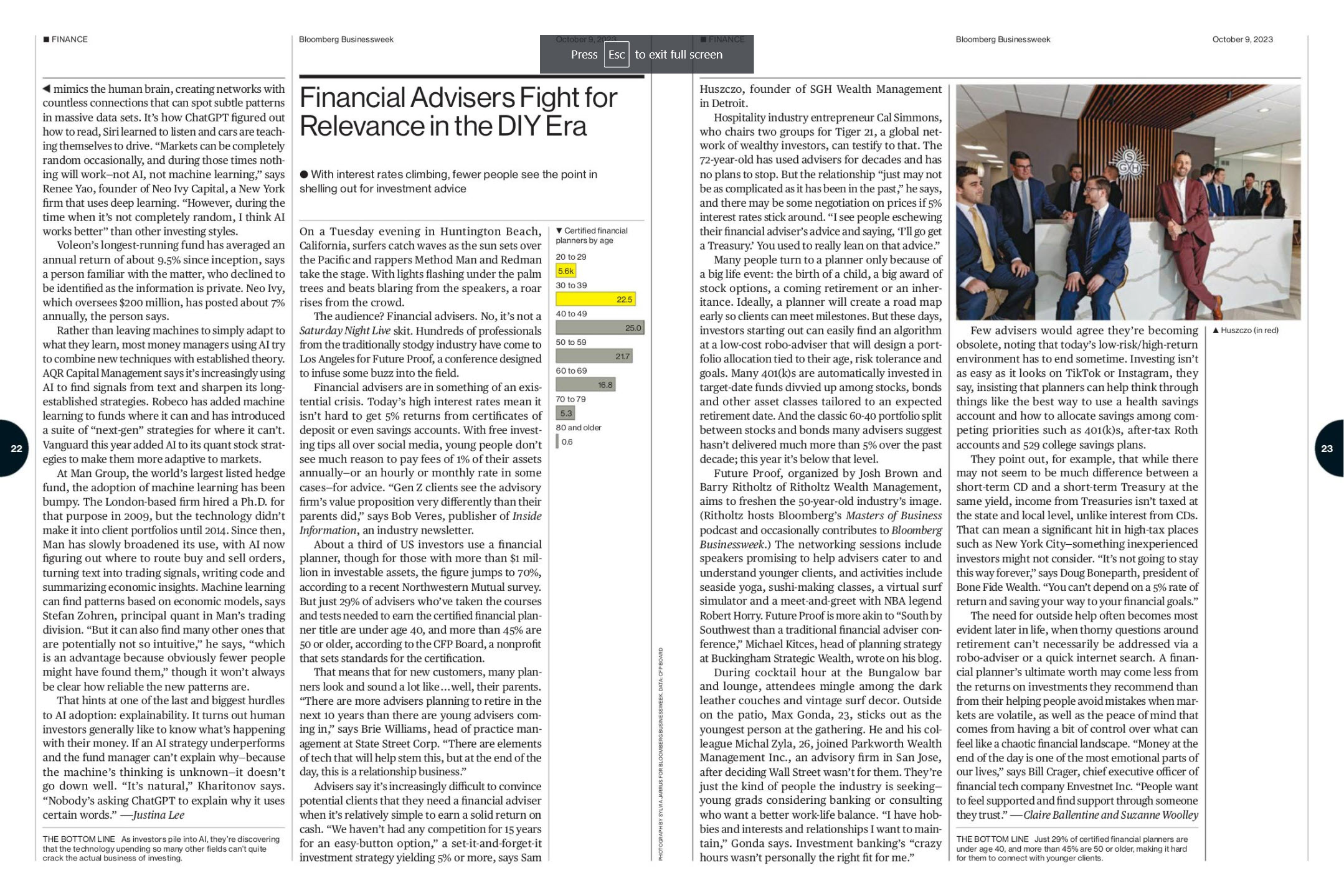


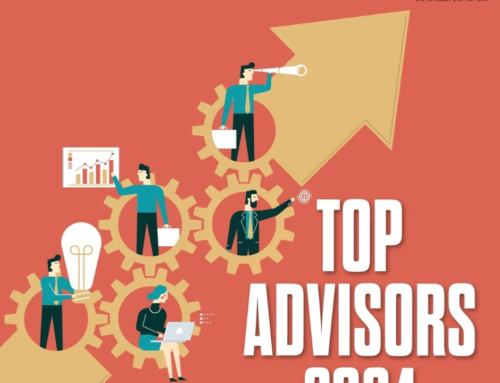
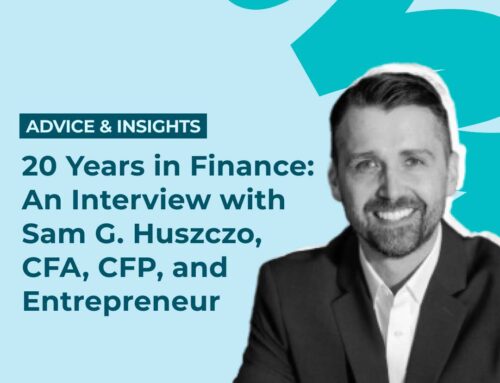

Keep In Touch